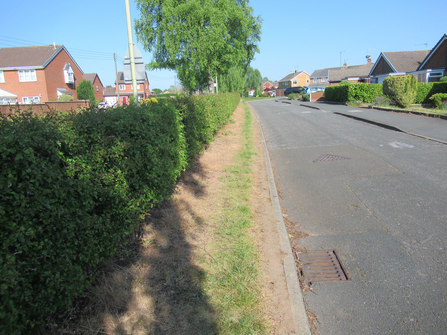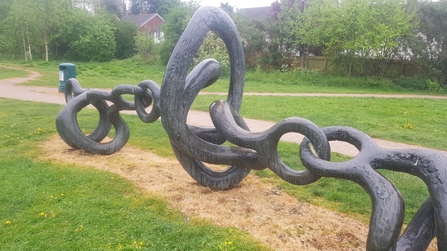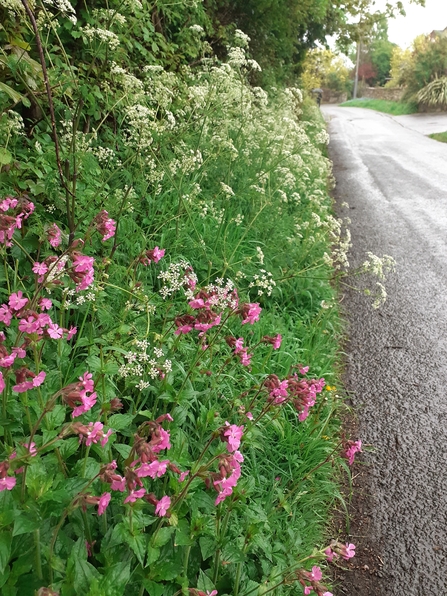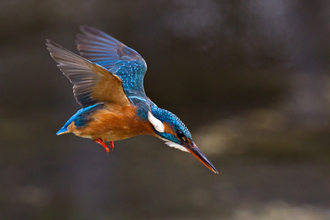Photos sent in from Market Drayton show long strips of yellowed grass between the kerb and a hedgerow along a street. A local woman said:
“My two daughters are very upset that the council sprayed all the verges with weed killer last week. We have been busy spotting wildlife and wildflowers on our daily walks. We recently downloaded the Seek app so that they could identify and learn the plants in our local patch.







